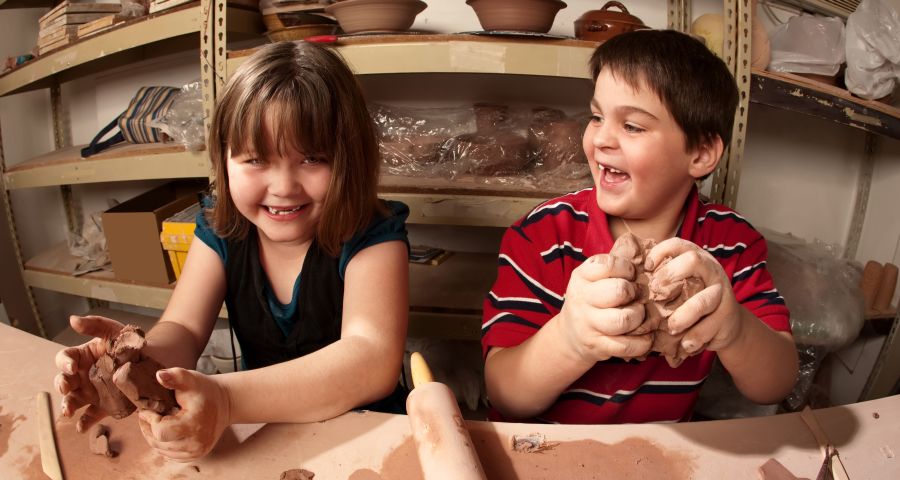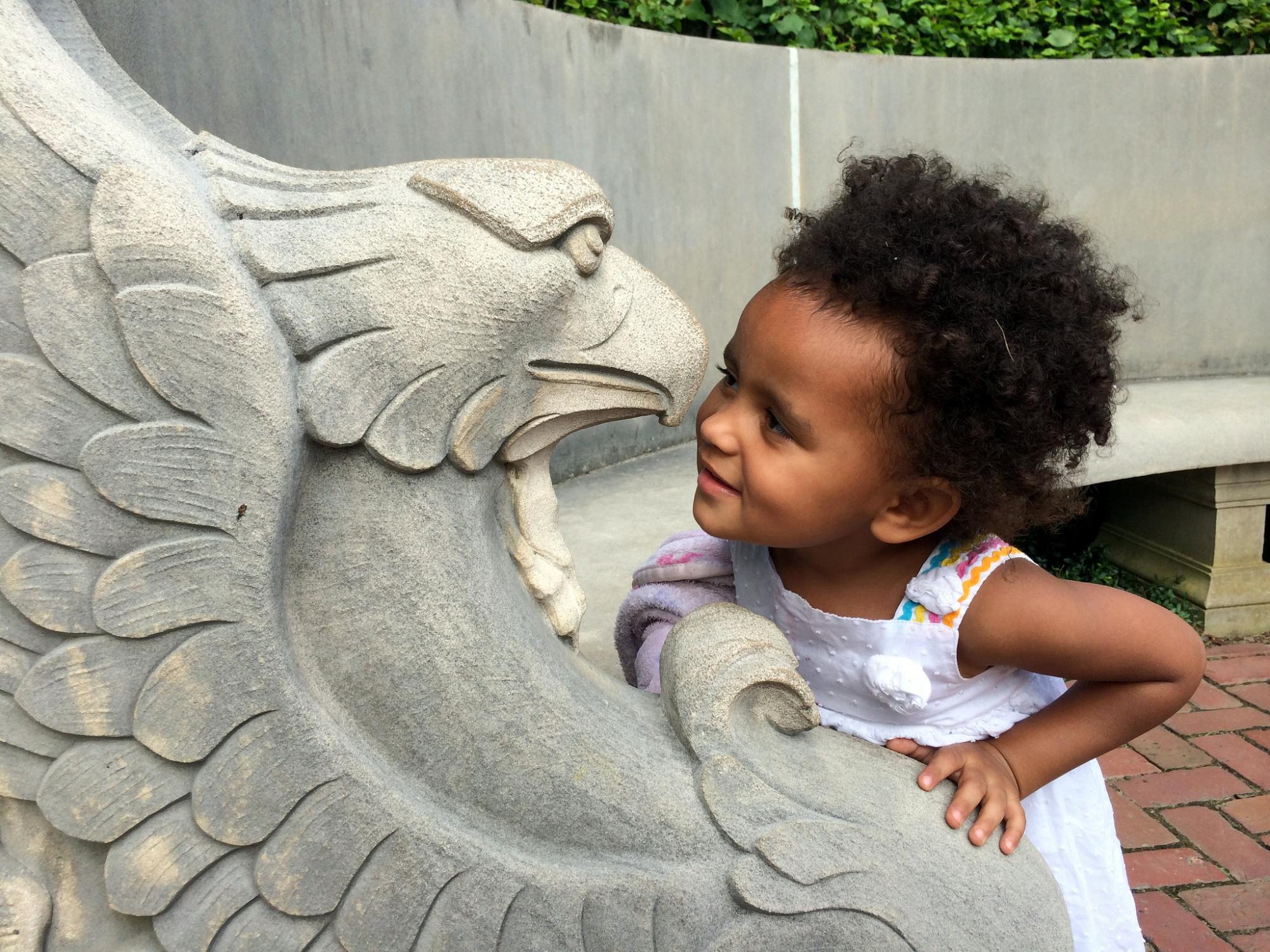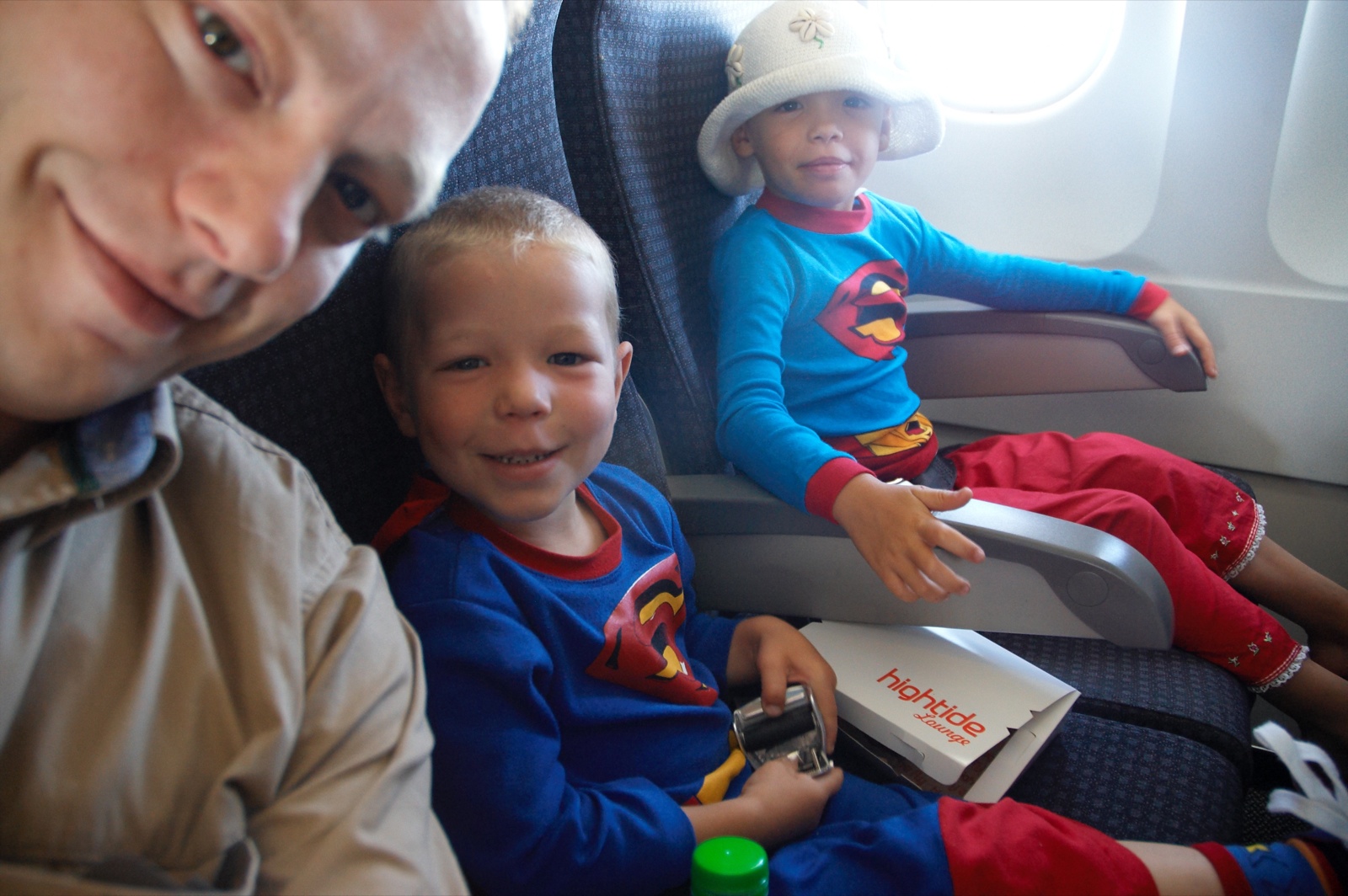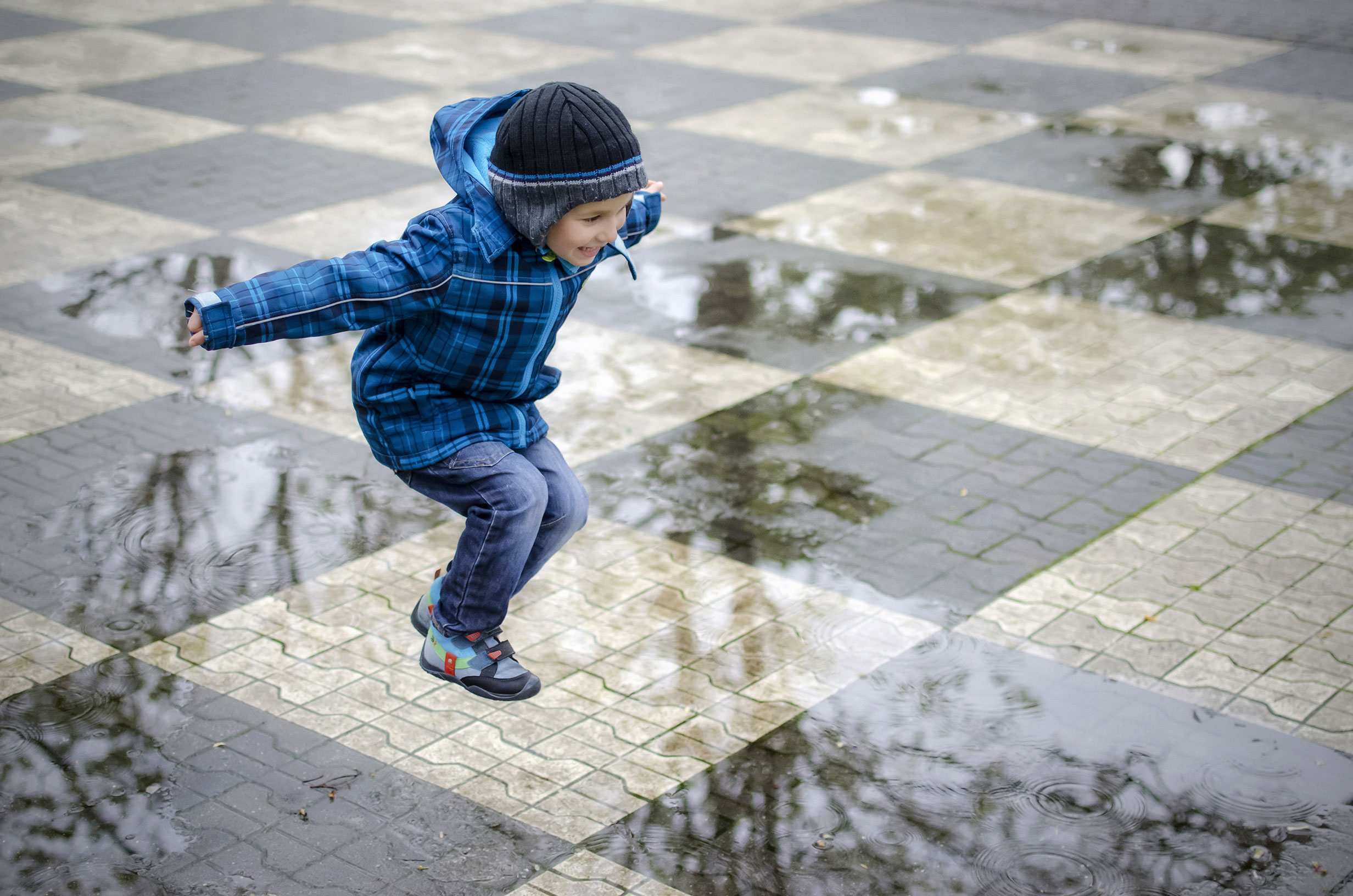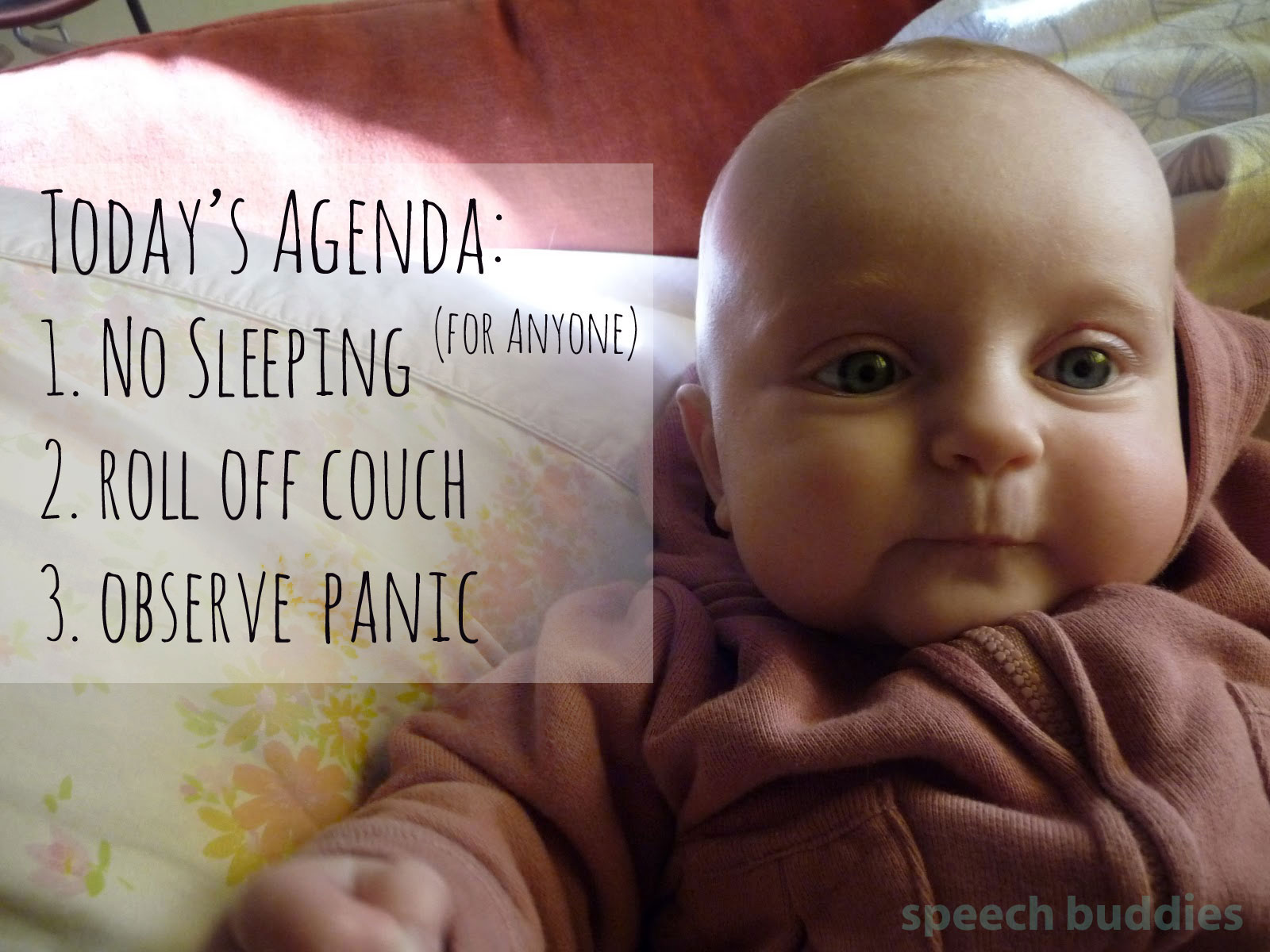Does growing up in a bilingual household create speech delays in children? The answer in the short term appears to be yes. Over the long term, however, children from bilingual homes tend to bounce back and may even derive special advantages from growing up in a household where both English and another language are spoken.
Tips For Raising a Bilingual Child
The key to raising a bilingual child is early exposure. The first few years of a child’s life represent the most rapid period in the growth of language pathways for speech development. Researchers say that a child’s brain in this critical period are like giant file cabinets that store up huge libraries of phonetic knowledge.
Scientists at Cornell University describe the acquisition of language as one of the greatest feats in human development. Their research indicates that an initial deficit in word learning or vocabulary was followed by “a fast pace of development,” ultimately reaching the same rate as children raised in monolingual homes. While many teachers and parents may be concerned that raising a child in a multilingual or bilingual household could be confusing, the scientific evidence indicates that bilingual children do not suffer from “language confusion, language delay or cognitive deficit.”
The Advantages of Raising a Bilingual Child
The cognitive advantages that your child will reap from bilingualism or multilingualism will likely aid his or her academic achievements later in life. In fact, far from causing problems in a child’s intellectual development, bilingual or multilingual kids enjoy special advantages over their monolingual peers, including easier access to other languages and cultures in ways that their peers often do not share. Moreover, exposure from birth to more than one language may yield the best results in achieving native-like proficiency.
Perhaps best of all, the children of bilingual or multilingual parents do not need to be “taught” a second language in order to get it right. Language learning is a complex process that children work through on a step-by-step basis, according to the sounds that they hear from their parents and overhear in other settings. So while exposure from birth to different languages is essential, moms and dads do not need to drill their children if they are developing normally. They can simply allow their kids to “discover” other languages on their own.
At the same time, however, parents can take concrete steps to facilitate multilanguage development that will enrich understanding and mastery, including:
- Surrounding the child with conversations and social groups that utilize more than one language.
- Exposing children to different languages through multilingual play groups.
- Reading to and telling your child stories in different languages.
Another tip for parents raising the bilingual or multilingual child is for each parent to stick to his or her native tongue. This is known as the OPOL — “one parent, one language” — strategy for nurturing multilingual speech development. It’s based on the idea that kids will have an easier time if moms and dads consistently speak their own native tongues.
Of course, parents with children who have diagnosed language difficulties have special concerns regarding the effects of bilingualism. But research shows that, even among kids with language development challenges, it is possible for them to achieve bilingualism. According to one researcher, the evidence “suggests that…these children can acquire functional competence in two languages at the same time, within the limits of their impairment. Therefore, children with specific language impairment living in families where knowing two, or more, languages are useful and important, should be given every opportunity to acquire two languages.”
Parents who are unsure or have doubts should make sure that their children’s hearing has been tested; they should also consult an expert and remember that language development is a complex process that takes time and that some children will simply develop these skills at different rates.



